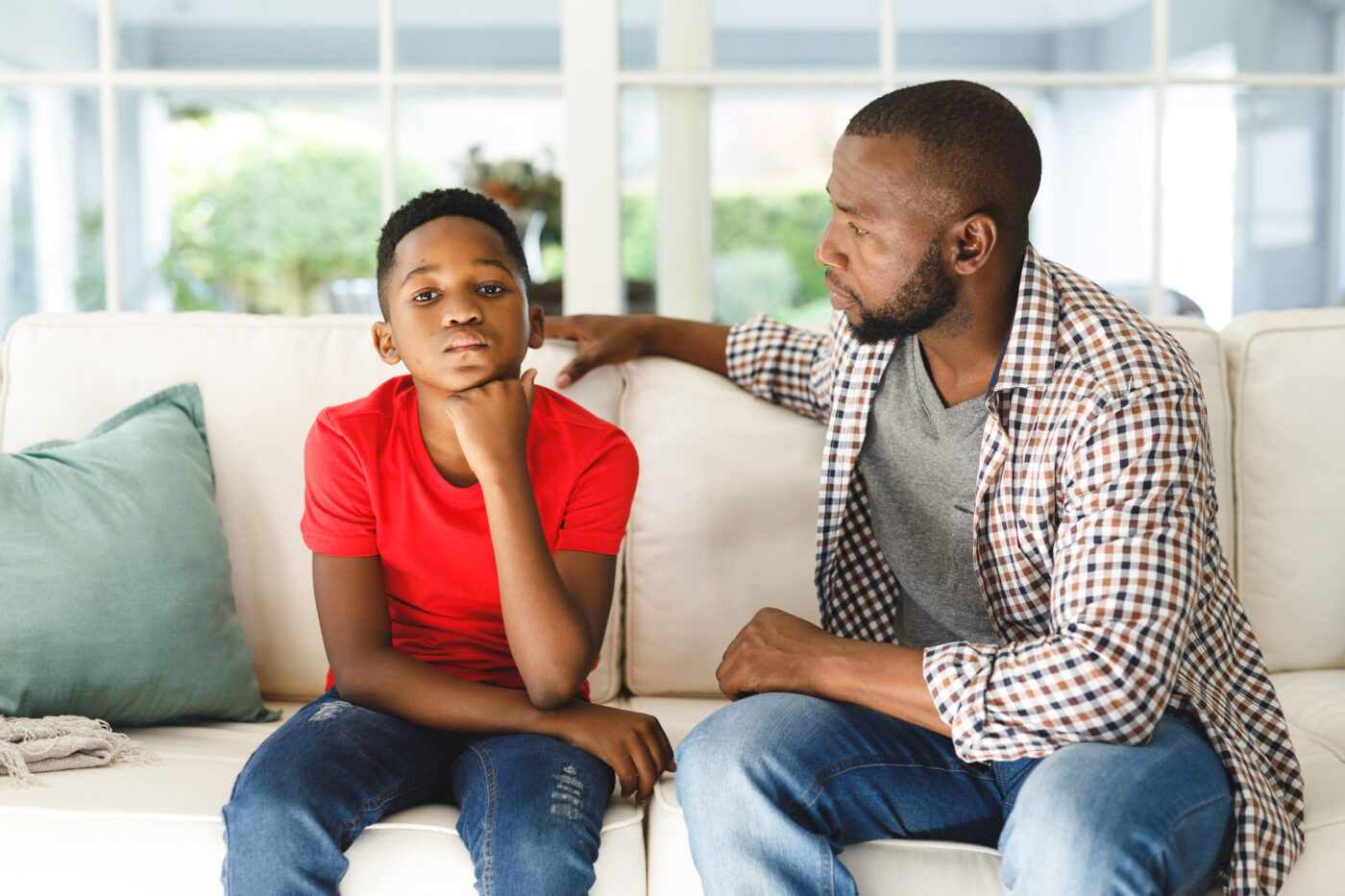Every day after school, my kids and their friends play at our neighborhood park. It’s a fun community that our kids love being a part of. One day after school my son told my wife he didn’t want to go to the park, and he asked if he could just go straight home. This was a very odd request because he loved running and playing with his buddies. After a few questions, we quickly learned he didn’t want to go because he got into trouble at school.
He confessed that while playing and dancing in his kindergarten class, he had inappropriately shaken his booty in front of another student’s face. It may sound silly, but we were proud of him for telling the truth instead of concealing it. I think we all want this as parents. Here are 3 ways to foster confession over concealment with your kids.
1. Make everything discussable.
In our home, we have several rules and boundaries. One of the rules we tell our kids often is that everything is discussable and nothing is off limits. If you want to talk about something, just ask us. Doing this has sparked some great conversations in our home. We also have a phrase we use when our kids want to talk but are unsure of how to start the conversation. Our phrase is “pots and pans,” and when they come up and use the phrase, we ask when they want to talk. Making everything discussable can be scary, but it’s worth it to create an environment where telling the truth is easier for kids.
2. Model vulnerability.
My oldest son was really struggling with school last year and we were not sure he was going to move on to the next grade. In talking about working hard, I was reminded of a time in seventh grade when I was failing math. I shared with him how I felt so dumb and how my teacher made me feel small because couldn’t figure it out. Sharing this with him, he told me that’s exactly how his teacher makes him feel. Because I was vulnerable, he opened up and talked even more.
3. Build a safe home with your words.
What we say and how we say it matters deeply. If you consistently respond negatively when your kids mess up, you create a home where failure is not allowed. If your words are passive-aggressive toward conflict, then your children may begin to avoid conversations with you. To build a safe home with our words, we must take an inventory and evaluate how words foster a safe place for open conversation. A starting place is to ask yourself, Do your words connect more than they correct?
Sound off: What else can we do that makes telling the truth easier for our kids?











Huddle up with your kids and ask, “What are some things that may be difficult to talk about with me?”